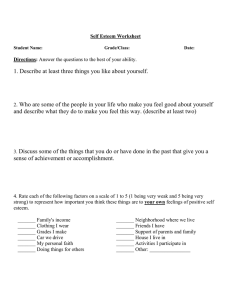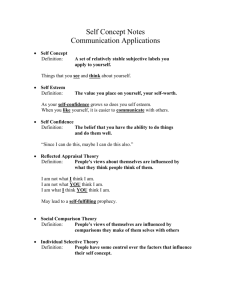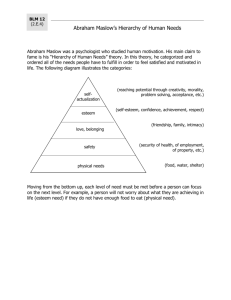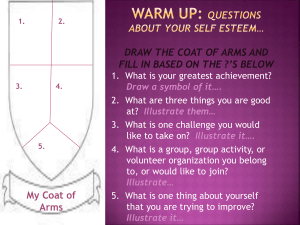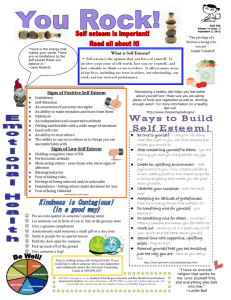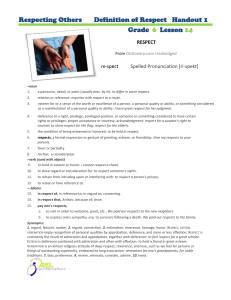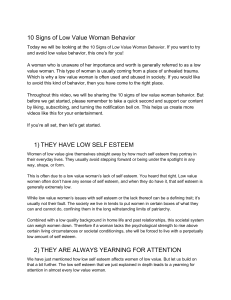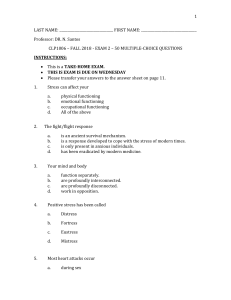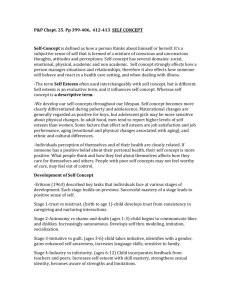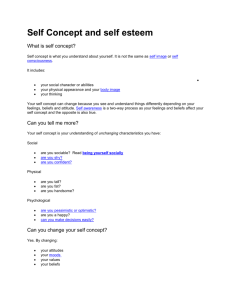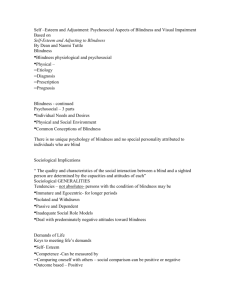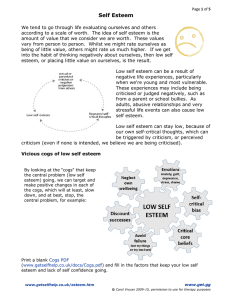82 Building a child's self esteem
advertisement
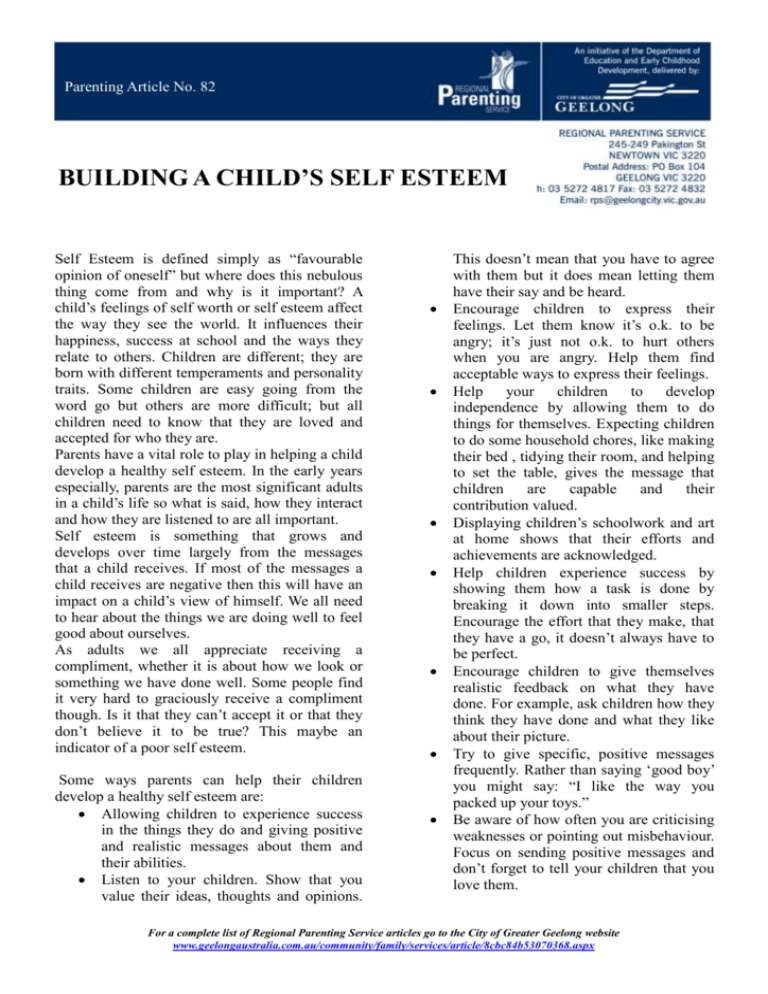
Parenting Article No. 82 BUILDING A CHILD’S SELF ESTEEM Self Esteem is defined simply as “favourable opinion of oneself” but where does this nebulous thing come from and why is it important? A child’s feelings of self worth or self esteem affect the way they see the world. It influences their happiness, success at school and the ways they relate to others. Children are different; they are born with different temperaments and personality traits. Some children are easy going from the word go but others are more difficult; but all children need to know that they are loved and accepted for who they are. Parents have a vital role to play in helping a child develop a healthy self esteem. In the early years especially, parents are the most significant adults in a child’s life so what is said, how they interact and how they are listened to are all important. Self esteem is something that grows and develops over time largely from the messages that a child receives. If most of the messages a child receives are negative then this will have an impact on a child’s view of himself. We all need to hear about the things we are doing well to feel good about ourselves. As adults we all appreciate receiving a compliment, whether it is about how we look or something we have done well. Some people find it very hard to graciously receive a compliment though. Is it that they can’t accept it or that they don’t believe it to be true? This maybe an indicator of a poor self esteem. Some ways parents can help their children develop a healthy self esteem are: Allowing children to experience success in the things they do and giving positive and realistic messages about them and their abilities. Listen to your children. Show that you value their ideas, thoughts and opinions. This doesn’t mean that you have to agree with them but it does mean letting them have their say and be heard. Encourage children to express their feelings. Let them know it’s o.k. to be angry; it’s just not o.k. to hurt others when you are angry. Help them find acceptable ways to express their feelings. Help your children to develop independence by allowing them to do things for themselves. Expecting children to do some household chores, like making their bed , tidying their room, and helping to set the table, gives the message that children are capable and their contribution valued. Displaying children’s schoolwork and art at home shows that their efforts and achievements are acknowledged. Help children experience success by showing them how a task is done by breaking it down into smaller steps. Encourage the effort that they make, that they have a go, it doesn’t always have to be perfect. Encourage children to give themselves realistic feedback on what they have done. For example, ask children how they think they have done and what they like about their picture. Try to give specific, positive messages frequently. Rather than saying ‘good boy’ you might say: “I like the way you packed up your toys.” Be aware of how often you are criticising weaknesses or pointing out misbehaviour. Focus on sending positive messages and don’t forget to tell your children that you love them. For a complete list of Regional Parenting Service articles go to the City of Greater Geelong website www.geelongaustralia.com.au/community/family/services/article/8cbc84b53070368.aspx
